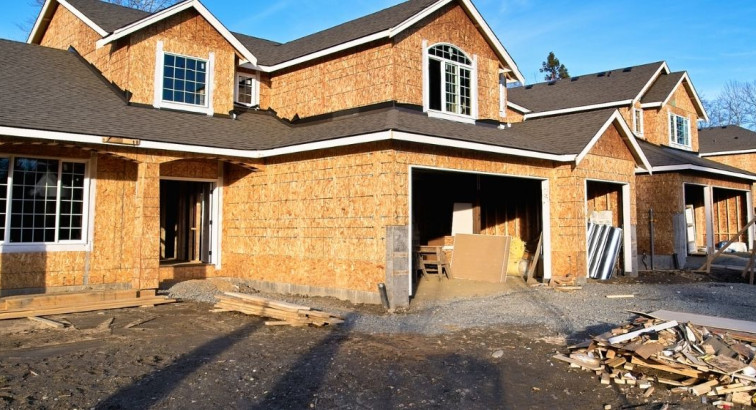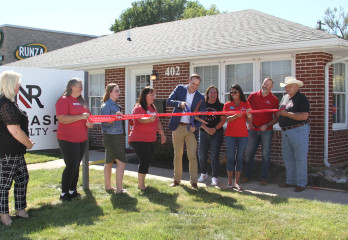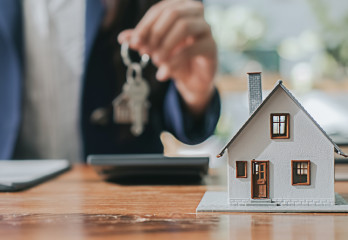It's time for a change.
You've decided to move houses. Maybe you got a new job in a different area, or maybe you need more space for your family. Whatever the reason, you've contacted a real estate agency and you're looking for your new home.
Good for you! Moving into a new neighborhood is exciting. It's a fresh start, an opportunity to make new connections and discover different areas of town.
It's important, though, not to get too ahead of yourself. Don't get caught up in the excitement and sign the lease or the closing papers just yet. Before you move in, you should research your new neighborhood to get a better idea of exactly what you're walking into.
But where do you start?
Not to worry. Here is a complete guide on how to research your new neighborhood.
Look at Housing Prices
You'll obviously want to know how much it will cost for you to live in your new neighborhood. But if you're buying a home, it's also important to check out the trends in property value and see whether they're going up, down, or staying consistent.
This is a good idea for first-time homebuyers to do before you buy because it gives you some very necessary information. You can get a feel for property tax rates and a sense of the neighborhood's history. This way, you can determine whether buying a house in this new neighborhood is a wise investment.
Check Out the Walkability
A neighborhood's walkability score is a great way to learn how easy it is to get around. It will tell you if it’s easy to get around your neighborhood on foot, or if you’ll be reliant on a car. It will also give you insight into how well the sidewalks or bike paths are laid out and show you nearby bus routes and stops.
It's a good idea, though, to visit the neighborhood yourself and take a walk around on your own. That way, you can see things that the walkability score might not tell you, like how clean the sidewalks are or if neighbors are often outside. You can also see how far grocery stores or schools are from your new address and how hard it is to get there.
You should also test out your commute and see how long it actually takes for you to get from your new neighborhood to your place of work. If you have any problems with the commute, you don't want to learn about them after you've already moved in.
Analyze Crime Rates
Safety is an important factor to consider in a neighborhood. Your home is a place where you should always feel safe and comfortable.
Especially if you have kids or are living alone, you'll want to know the local crime rate. Online tools and apps can help you do that. By checking out the crime rate, you'll get a good sense of whether this neighborhood is a good fit for you.
Ask Others About Your New Neighborhood
If you have family members or friends who live in the area, it's a good idea to get some insider info from them. Even if you don't have any prior connections, you can find ways to connect with some potential future neighbors before you move in.
Talking to people will give you a more well-rounded idea of the neighborhood. You'll be able to get information on demographics, climate, and the general friendliness of the area that you couldn't get anywhere else.
Learn More About Nebraska Real Estate
Researching your new neighborhood before you move in is essential. If you know what to expect, you won't have any buyer's remorse, and you'll be much more well-prepared to feel comfortable in your new home.
If you're looking into Omaha real estate or Lincoln real estate or even Grand Island real estate, we can help. Contact us to get started on finding your forever home!



